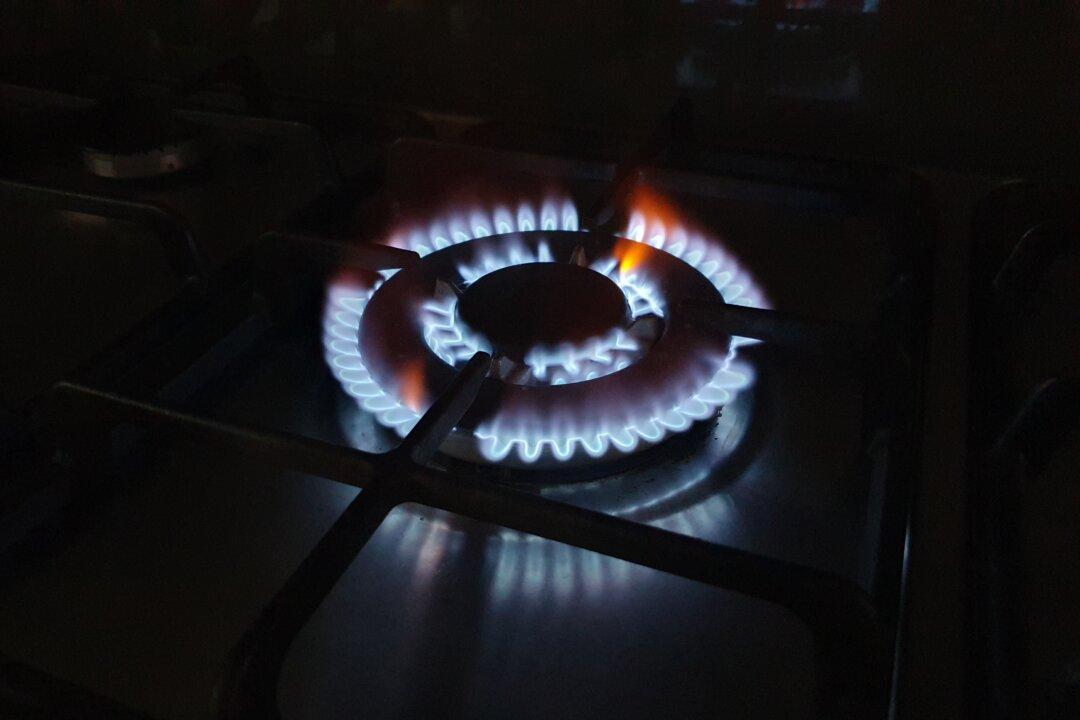The Victorian government has introduced a ban on gas connections in new homes from 2024 to achieve net zero emissions by 2045.
On July 28, the state government announced that from Jan. 1, 2024, planning permits for new homes and residential subdivisions, including new public and social housing, will not include gas connections.





